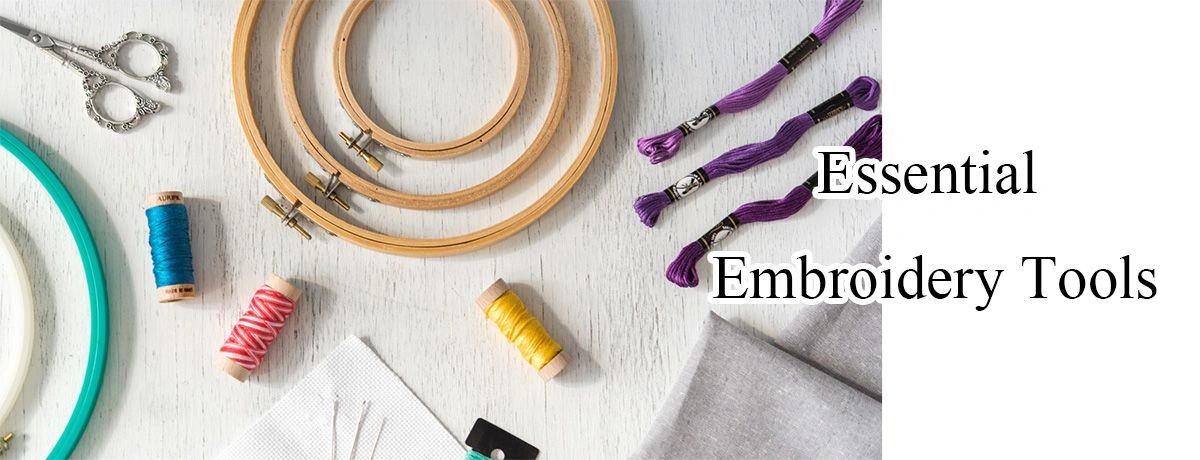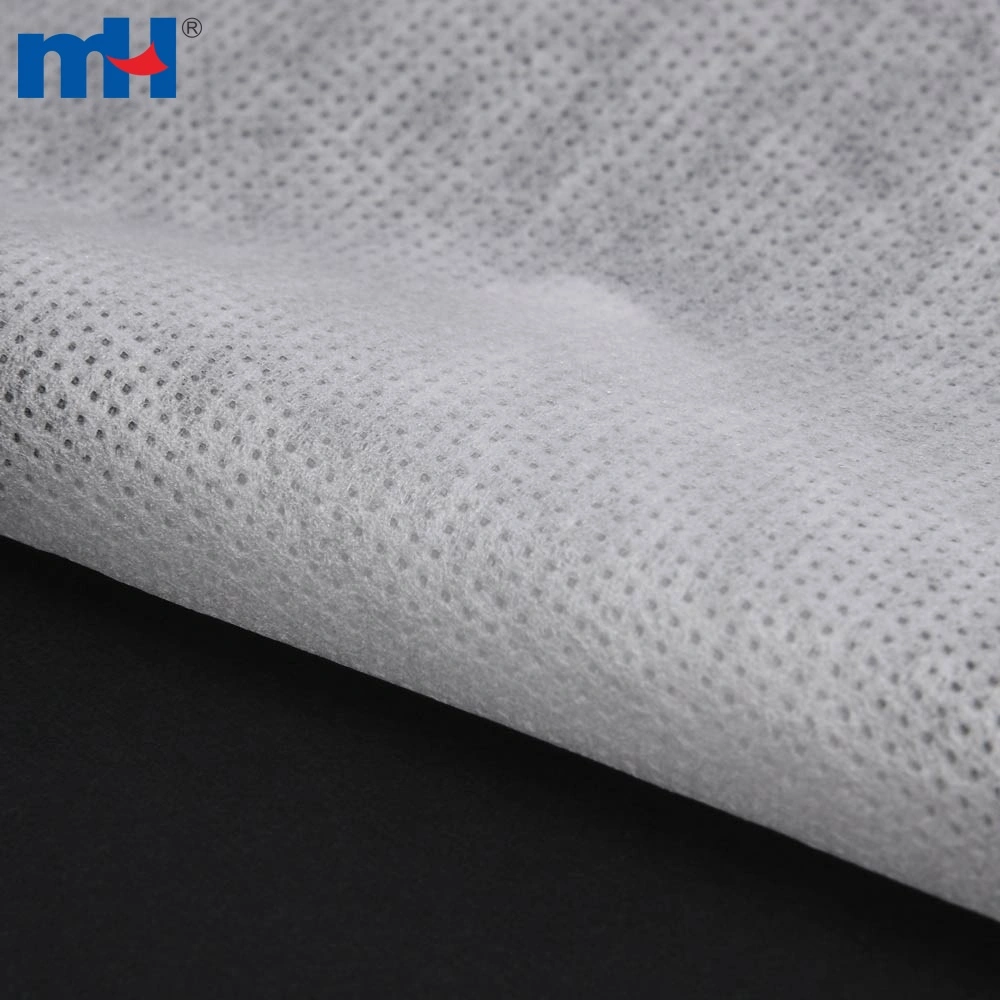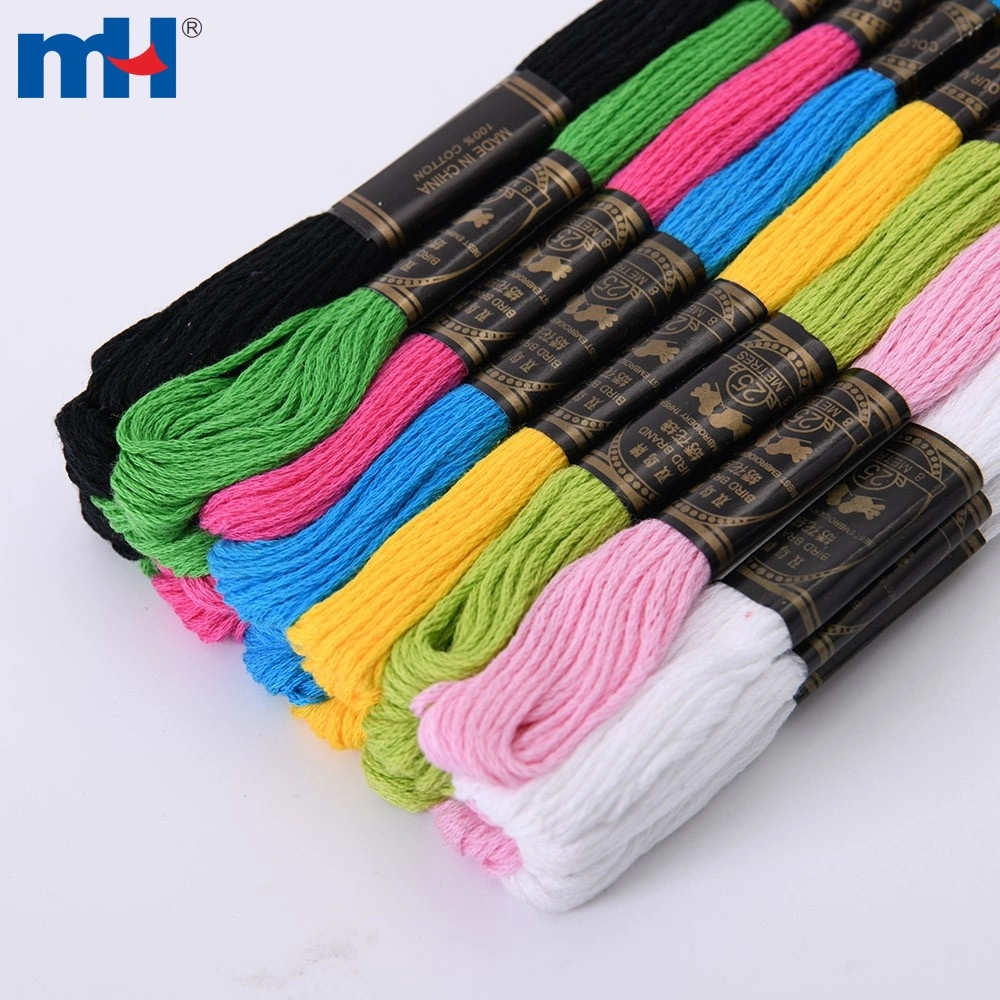Your Guide to Essential Wholesale Embroidery Tools at Great Prices

Mastering the art of embroidery begins with understanding the essentials—vital tools and materials necessary for successful embroidery projects. Whether you’re an enthusiast or an enterprise buyer, having the correct equipment ensures superior results. From embroidery needles to hoops, each accessory plays a vital role in achieving perfect stitches. This guide covers all the essential embroidery tools, providing insights to help you make informed purchasing decisions while exploring wholesale options for cost-effective quality.
The Essential Must-Have Embroidery Tools and Materials
Every successful embroidery project requires a foundational set of tools. Here’s what you need to get started:
-
Needles
-
Threads (Floss)
-
Fabric and Stabilizers
-
Scissors
-
Hoops
It's important to use an embroidery hoop for better stitching results, as it helps maintain consistent stitch tension and keeps the fabric taut for an optimal embroidery experience.
Each tool has its own role in shaping your craft. Below, we’ll explore these elements in detail to identify what works best for your needs.
Choosing the Right Fabric and Stabilizer
While embroidery can technically be done on almost any material, most designs shine on woven cottons or linens. Quilting-weight cotton, lightweight linens, or tighter weave options are commonly preferred for their stability and durability.
-
Neutral tones are ideal to highlight embroidered patterns. Consider the finished design’s impact when deciding on fabric colors. For darker fabrics, transferring designs can be challenging, so lighter shades are generally easier to work with.
-
Fabric Stabilizers play a crucial role in preventing puckering and maintaining tension. For best results, opt for a light, woven, fusible interfacing designed specifically for embroidery. Whisper Weft, for instance, offers excellent stabilization and ensures smoother stitching outcomes.

Pro Tip: Pre-wash and press your fabric before embroidery to remove shrinkage and ensure smooth texture. Using a spray starch specially designed for embroidery can also enhance fabric firmness.
Floss for Embroidery

Thread selection can significantly impact your embroidery results. The most common choice is 6-stranded cotton floss, such as those from popular brands like DMC. These threads come in a wide color range and allow stitchers to adjust strand counts for varied stitch thickness.
-
For most projects, stitching with 2–3 strands creates a balanced, traditional look.
-
If you want a bold or textured finish, consider alternatives like perle threads (which are non-divisible), silk threads, or even rayon.
-
Color Selection: Choose shades that either complement your fabric or create a striking contrast. Many embroidery artists prepare a palette of hues that harmonize with their project theme.
We would love to hear about your own beloved threads and tools. Sharing your favorites helps build a strong community and provides valuable personal recommendations for fellow embroiderers.
The Embroidery Needle Guide
Embroidery needles are a crucial tool for any embroidery project. With so many types and sizes available, it can be overwhelming to choose the right one. Here’s a comprehensive guide to help you navigate the world of embroidery needles.
Selecting the correct needle ensures smooth stitching and perfect results. Here are the most popular options for embroidery tasks:
-
Crewel Needles: Perfect for general embroidery tasks. They feature a sharp point and adequate space in the eye for multiple strands of thread.
-
Chenille Needles: Ideal for thicker threads or ribbon embroidery. Their sharpness and larger eyes are suitable for heavier designs.
-
Tapestry Needles: Commonly used for cross-stitch. These have a blunt point to avoid splitting threads while weaving through fabric.
Keep a variety of needle types and sizes handy, as different stitches and materials may require flexibility in tools. For example, a running stitch might require a different needle size compared to more intricate designs. Having a couple of different sizes ensures you’re always prepared for any project.
The Embroidery Needle Guide
Selecting the correct needle ensures smooth stitching and perfect results. Here are the most popular options for embroidery tasks:
-
Crewel Needles: Perfect for general embroidery tasks. They feature a sharp point and adequate space in the eye for multiple strands of thread.
-
Chenille Needles: Ideal for thicker threads or ribbon embroidery. Their sharpness and larger eyes are suitable for heavier designs.
-
Tapestry Needles: Commonly used for cross-stitch. These have a blunt point to avoid splitting threads while weaving through fabric.
Using needle threaders can greatly simplify the process of threading fine needles, particularly those with small eyes, by utilizing a metal wire loop to make threading more efficient and easy.
Keep a variety of needle types and sizes handy, as different stitches and materials may require flexibility in tools.
Why Good Scissors Are Non-Negotiable
Investing in sharp, high-quality embroidery scissors makes precise thread cutting effortless. Look for scissors with a fine, sharp point that lets you trim along tight spaces without damaging fabric or nearby stitches. Many professionals opt for high-precision small embroidery scissors or specialized thread snips.
To Hoop or Not to Hoop?
An embroidery hoop can make or break a project’s quality, as it helps maintain consistent tension and reduces fabric puckering.
-
Sizes: Hoops come in a range of sizes. Choose one slightly larger than the area you’re working on but not excessively big, as holding it becomes cumbersome.
-
Material: Wooden hoops are traditional and lightweight, while plastic variations often include adjustable locking mechanisms for a firmer grip.
-
Skill Adaptation: Once you've mastered stitching techniques, you might find certain stitches—like French knots—easier to execute without a hoop. It eventually boils down to personal preference and project complexity.
Additional Notions and Supplies: Needle Threader
Beyond the basics, some additional accessories can enhance the embroidery experience. These include:
-
Needle Threader: Simplify threading, especially with fine or delicate needles.
-
Thimble: Protect your fingers during long stitching sessions.
-
Pin Cushion: Keep needles and pins organized and easily accessible.
-
Storage: Consider organizers for threads, tools, and patterns to keep your workspace tidy.
Additionally, downloadable PDFs with detailed information and enlarged pictures of embroidery tools and materials are available to further assist you.
Essential Embroidery Accessories
In addition to embroidery needles, there are several other essential accessories you’ll need to get started with embroidery. These tools not only make the process easier but also enhance the quality of your work.
Needle Threader: Simplifying Your Embroidery Process
A needle threader is a handy tool that makes it easy to thread your needle. It’s especially useful for fine needles and threads. To use a needle threader, simply insert the thread into the threader and then pass the threader through the eye of the needle. This small tool can save you a lot of time and frustration, especially when working with the smallest needles.
Needle Minder: Keeping Your Needles in Check
A needle minder is a small device that keeps your needles organized and within reach. It’s usually a small container with a magnet or a clip that holds your needles in place. Needle minders are especially useful for keeping track of multiple needles and threads. They prevent needles from getting lost or leaving residue on your workspace, making them an essential accessory for any embroiderer.
Storage and Organization
Proper storage and organization are essential for any embroidery project. Here are a few tips to help you keep your embroidery tools and supplies organized.
Tool Storage: Keeping Your Embroidery Tools Organized
A tool storage container is a great way to keep your embroidery tools organized and within reach. Look for a container with separate compartments and a lid to keep everything tidy. You can also use a small bag or pouch to store your tools and supplies.
Some popular storage options include:
-
Wooden storage boxes: These are durable and often come with multiple compartments.
-
Plastic storage containers: Lightweight and often transparent, making it easy to see your tools.
-
Fabric bags and pouches: These are flexible and can be easily carried around.
-
Needle cases and wallets: Perfect for keeping your needles organized and protected.
When choosing a storage option, consider the size and type of tools you need to store, as well as the material and durability of the container. Proper organization not only keeps your workspace tidy but also ensures that you can quickly find the tools you need, making your embroidery process more efficient and enjoyable.
Why Purchase Embroidery Tools Wholesale?
Buying your embroidery equipment at wholesale offers multiple benefits for businesses and hobbyists alike:
-
Cost Savings: Buying in bulk significantly reduces the cost per item, especially for frequently used tools like needles, scissors, and thread.
-
Consistent Supply: Avoid project interruptions by stocking essential tools ahead of time.
-
Quality Assurance: Many wholesale manufacturers provide tested and reliable products designed to perform consistently.
-
Customizable Orders: Some wholesalers allow custom palettes for threads or personalized tool kits tailored to specific stitching needs.
When choosing a wholesale supplier, prioritize companies with proven expertise in embroidery tools, positive reviews, and a commitment to durability and quality. Additionally, having the option to download detailed instructions and visual information in PDF format can be invaluable. You can print out specific pages for easy reference while working on your projects.
Start Your Embroidery Journey
With the right tools, materials, and techniques, embroidery becomes a rewarding art form that allows for both creativity and precision. Whether embellishing garments, designing home décor, or creating art, investing in quality embroidery equipment ensures flawless results every time.
Explore a wide range of wholesale embroidery tools, including needles, hoops, floss, scissors, and stabilizers, to elevate your creations. Start stitching smarter and more efficiently today with premium supplies tailored to your needs.
No part of these instructions can be profited from or published without permission, ensuring the protection of our content.
